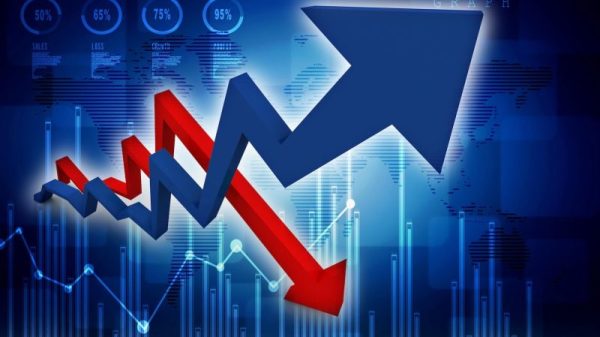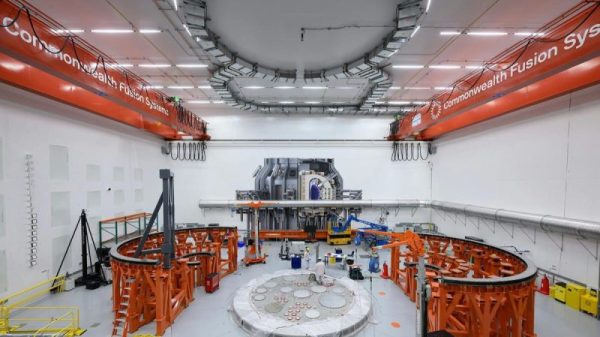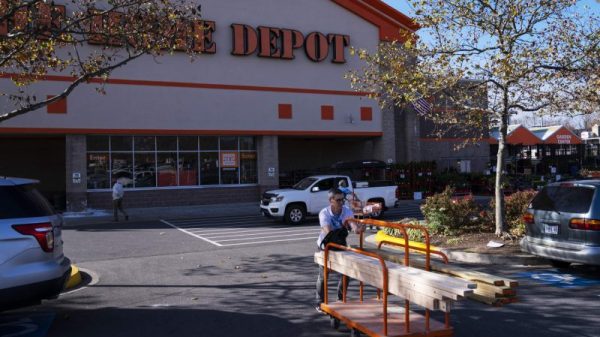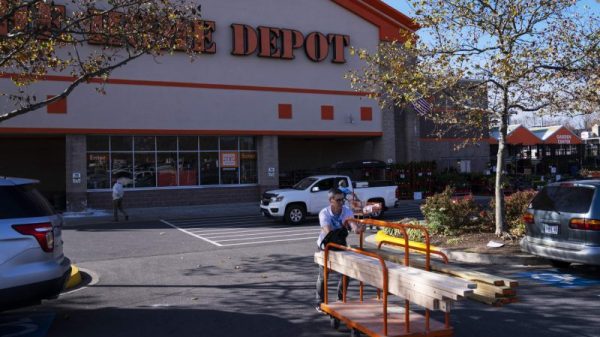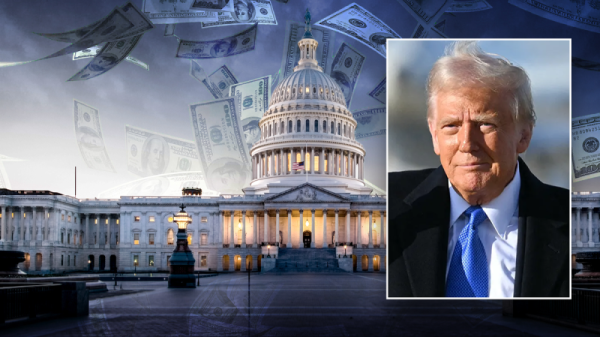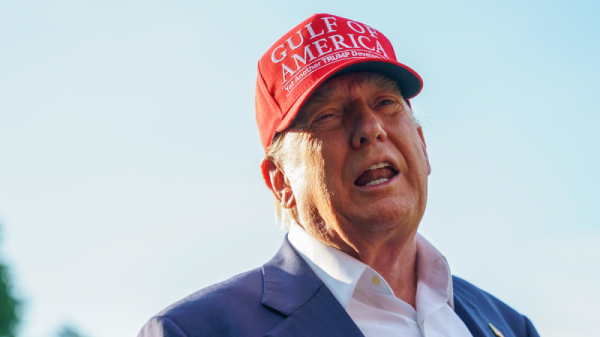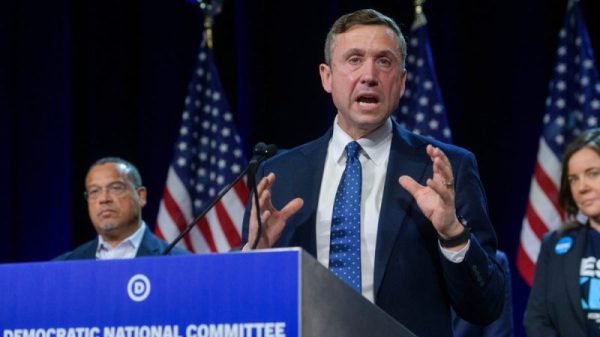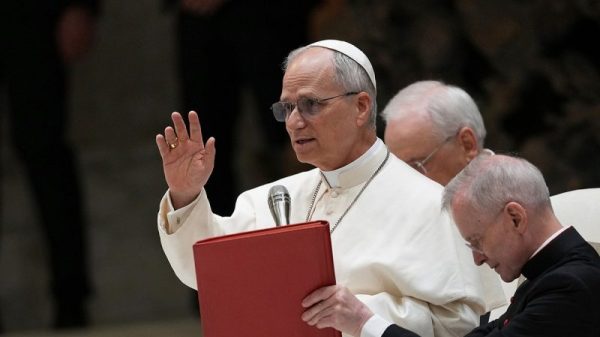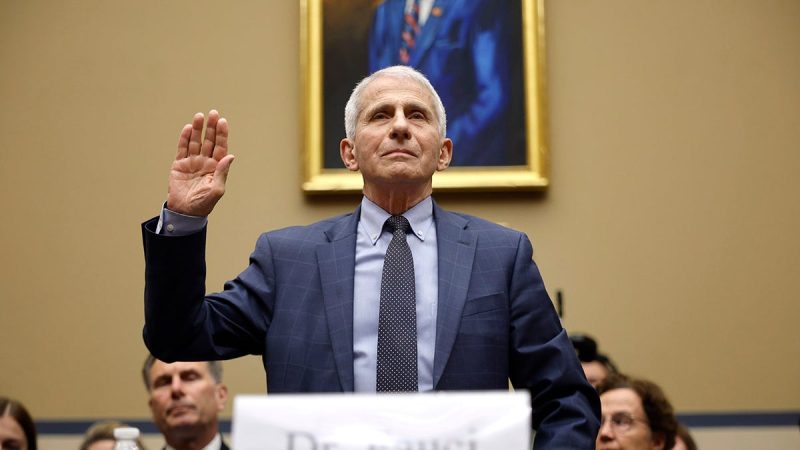The recent debates surrounding the origins of the COVID-19 pandemic have sparked a flurry of theories and speculations. In particular, the lab-leak hypothesis that suggests the virus originated from a laboratory rather than from natural sources has garnered attention. Dr. Anthony Fauci, a prominent figure in the field of infectious diseases, has been a central figure in this discourse.
Dr. Fauci has denied allegations that he sought to suppress the lab-leak origin theory of COVID-19. He maintains that his actions were in line with scientific inquiry and the evolving evidence surrounding the origins of the virus. The World Health Organization (WHO) has conducted investigations into the matter, but definitive conclusions are still pending.
The controversy surrounding the lab-leak theory highlights the complexities of dealing with a global health crisis. In the midst of a pandemic, it is crucial for scientists, policymakers, and the public to engage in open dialogue and critically examine all possible explanations for the origins of the virus.
As new information emerges and scientific investigations continue, it is imperative to approach the issue with an open mind and a commitment to uncovering the truth. The origins of COVID-19 hold important implications for our understanding of how such pandemics arise and how to prevent future outbreaks.
In the pursuit of scientific knowledge and truth, it is essential to uphold principles of transparency, accountability, and rigorous inquiry. The ongoing debates about the origins of COVID-19 serve as a reminder of the importance of maintaining a commitment to evidence-based decision-making and public health integrity.

